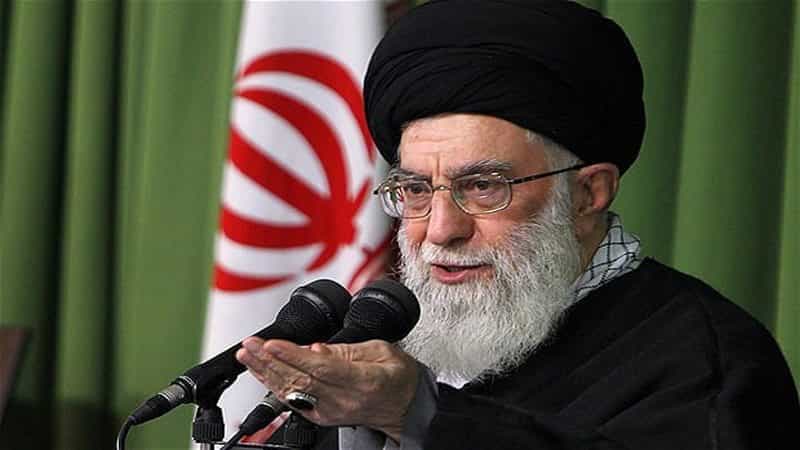Even in this part of the 21st century, where most of the world is fighting admirable battles to make inroads toward education, posing the mantle of intellectual development on literacy, there seem be several countries that are functioning in a rather contrary manner.

Take Iran for instance. How far is Iran actually involved with interacting with the wider world? Does the world take as much interest in understanding the intricacies of this oil rich nation, apart from Iran’s Arab neighbours? Despite having a glorious culture, one among the world’s oldest and foremost, the presence of outright orthodoxy in modern times has sadly hijacked the growth and development of cross cultural collaboration and intellectual mentation.
If you think, this is just a baseless accusation hurled toward the Ayatollah regime, then think again. What can possibly convey Iran’s regressive approach toward condemning the west than its latest move of banning English in primary schools? While this might seem a little far-fetched, truth certainly seems that Iran doesn’t seem too interested in participating in global affairs. Having just banned teaching English language in all of its primary schools is quite a shocker, one that has earned Iran the ire from the greater world.

So if one were to think that the surprise declaration of President Trump calling Jerusalem Israel’s capital, followed by Israel’s acceptance of the sudden move was a contributing factor to Israel’s growing isolation in international politics, Iran is no different. In a world where globalisation is the standing byline for several pas decades and close co-operations between economic forces the central truth for reforming international relations, Iran’s banning of the world’s most widely spoken language is a step several notches backward into jeopardy.
It perhaps doesn’t occur to Ayatollah Ali Khamenei that increasingly the world is moving away from the geographical distances that stifle chances of economic co-operation. Despite such strong political differences, there exist relations between a Russia and an America. Similarly, the Jews and Muslims of Saudi Arabia and Israel are in great dialogue and forging economic ties. So Iran’s statement that teaching English language can lead to an inlet of western culture hijacking its own is a fitting reminder that we are amidst a world where even stable economies are mired by backward, regressive cultural skepticism that is only growing by the day. Why should Islamic leaders be threatened by something as harmless as English language, going as far as labelling it a primary threat in intruding its own culture?

In Iran, it is common to find students from different walks of life undergoing private tuition to gain a better grip on the language in which pretty much the rest of the world converses. Will all of that take a complete backseat? One wonders what will intellectuals of the repute and class of a Niall Ferguson or Noam Chomsky- who has batted for linguistics all his life- say on such a shocking move by the Middle-Eastern nation?


